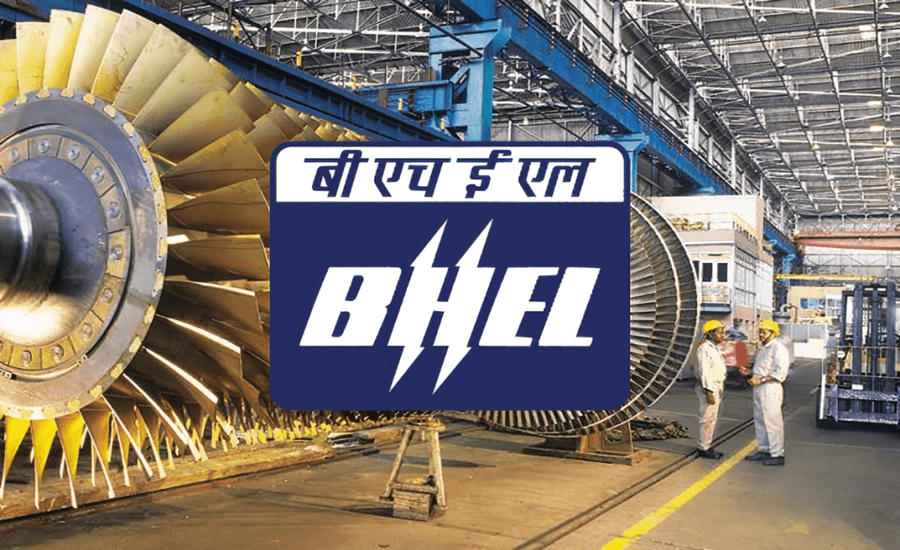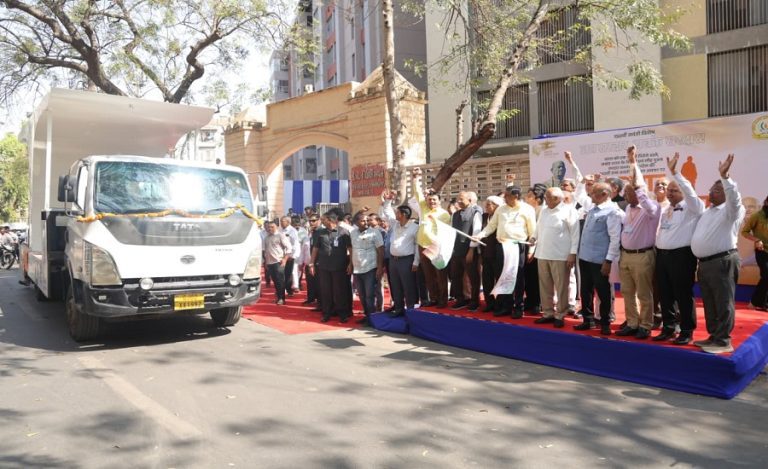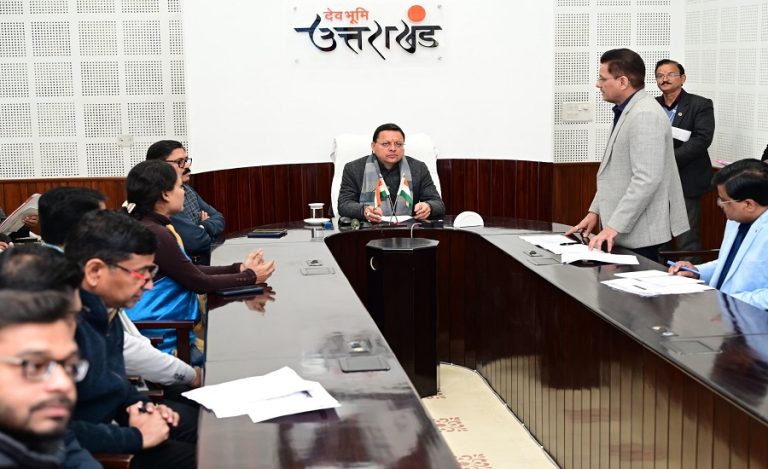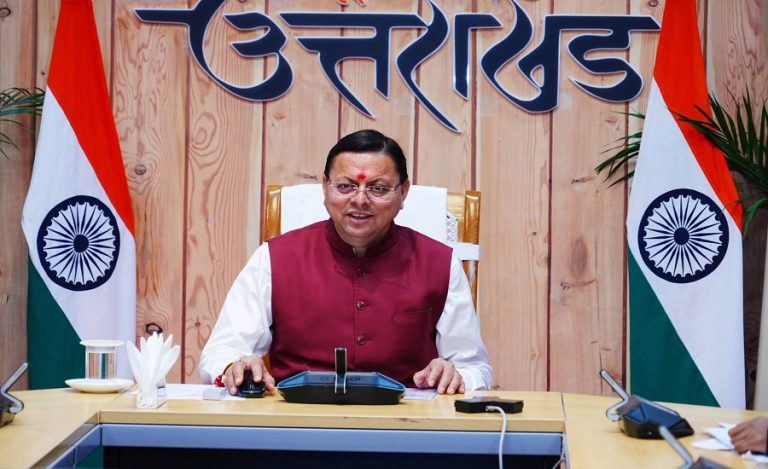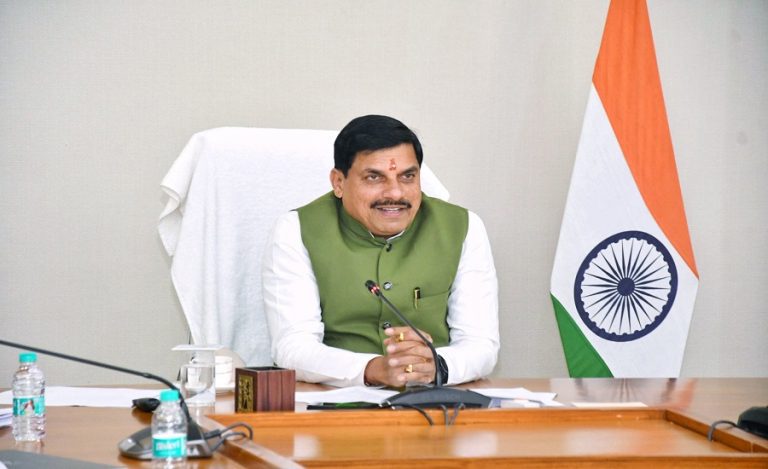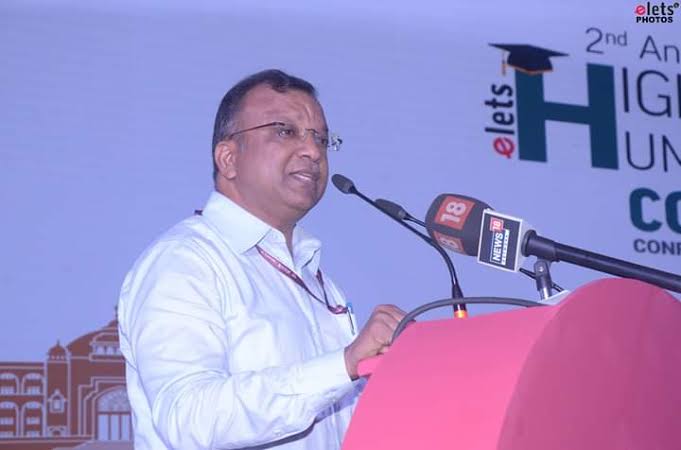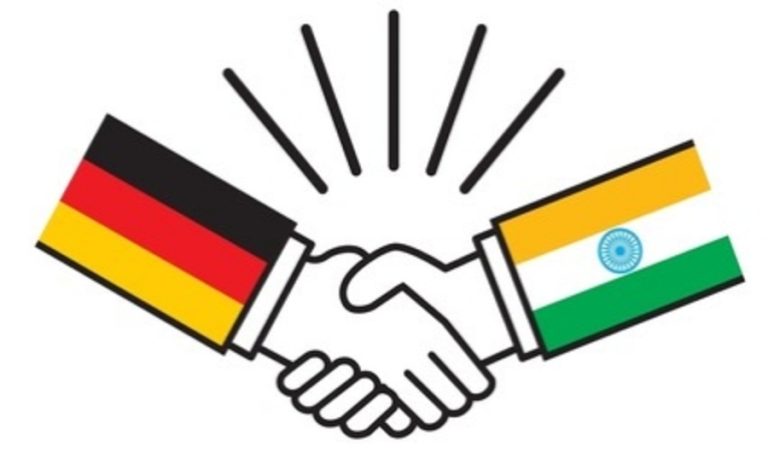In a major stride towards bolstering India’s green energy transition, Bharat Heavy Electricals Limited (BHEL) has signed a Technology Transfer Agreement (TTA) with the Bhabha Atomic Research Centre (BARC) for the development of advanced Electrolyser Systems aimed at hydrogen production.
Also Read: Om Prakash Sinha Appointed Director (Exploration) at ONGC – Know More About Him
The agreement, signed domestically, focuses on the transfer of technology related to the Mixed-Matrix Membrane Diaphragm — a vital component in electrochemical cells. This innovative membrane is poised to replace the conventional asbestos-based diaphragm and act as a cost-effective, indigenous alternative to the imported Zirfon diaphragms currently used in water electrolysers.
Developed by BARC, this technology is expected to play a crucial role in the indigenisation of alkaline electrolyser systems, which are key to sustainable hydrogen generation. The collaboration is in alignment with the Government of India’s ambitious ‘National Green Hydrogen Mission’ and further supports the broader ‘Make in India’ programme.
While the commercial aspects of the agreement remain undisclosed, BHEL emphasized the strategic value of this partnership, noting its potential to significantly enhance the company’s footprint in the clean energy sector. The technology is expected to strengthen BHEL’s capabilities in hydrogen production and reduce India’s reliance on imported components for green hydrogen technologies.
By adopting the Mixed-Matrix Membrane Diaphragm technology, BHEL is set to deepen its role in the domestic green hydrogen value chain, reaffirming its commitment to innovation, sustainability, and self-reliance in energy solutions.
Also Read: DFCCIL Partners with IIT Roorkee for Broken Rail Detection System

